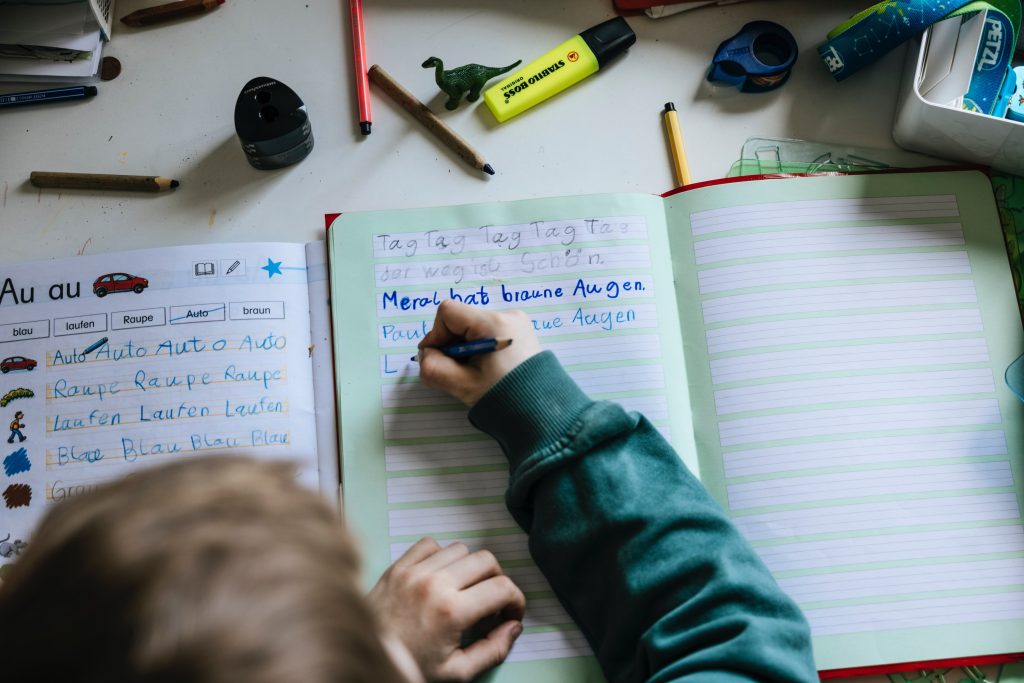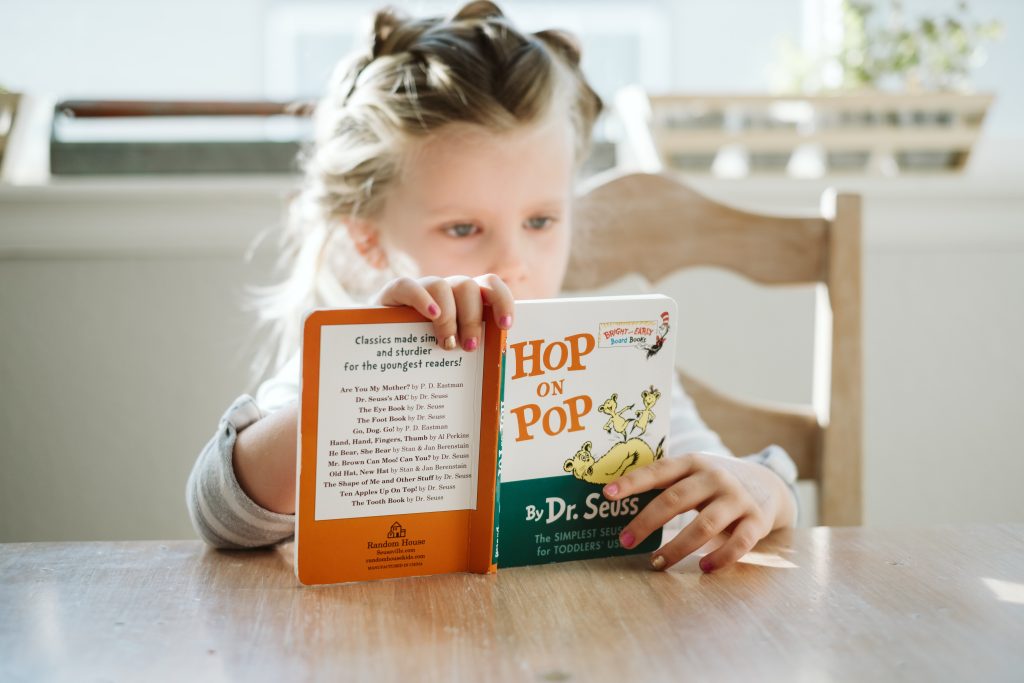
One of my most treasured childhood memories is listening to my great-grandmother’s stories. She knew countless tales and made up even more, each more captivating than the other. I remember listening to her, hardly daring to breathe because I was afraid to scare the story away.
The art of storytelling used to be an important part of our culture before technology made a leap towards everything visual. True, storytelling still holds its ground in indigenous cultures but even there the young are drawn towards TV and computer screens. However, there is evidence that stories (both told and written) are extremely important for children’s mental health and wellbeing.
Reading, Writing and Mental Health Are Connected
A report published by the National Literacy Trust (UK), “Mental wellbeing, reading and writing” identified strong links between children’s mental wellbeing and reading and writing. The National Literacy Trust surveyed almost 50,000 children and teenagers aged 8-18 across the UK and found out that those who were the most engaged with literacy had better mental wellbeing than their peers who weren’t keen readers and storytellers.
In addition to that, there’s evidence from a study done at University College London that directly connects mental health with verbal scores: those with low verbal ability suffered from more mental health issues than their peers with high verbal scores.
But how do stories help children’s mental wellbeing? I’ll explain in a second.
A Safe Ground for Dealing with Problems
A child’s mind is very flexible and full of imagination, creativity and wonder. That’s the positive side. But often their vivid imagination generates fears and their emphatic nature creates worries. Stories and storytelling help to handle those.
“Stories are very important for a child’s mental health,” says Miriam Ardin, a child psychologist. “They let children experience real-life scenarios in the safe environment of a story and find ways out without any risks. Stories show the child what kind of situations they might land in and point them in the right direction. Also, stories teach children about good and bad, and help them to develop good qualities. This helps the child to mature.”
In fact, a lot of children’s authors and illustrators recognize the need for what I call psychological books – books that talk of a problem using digestible language and show an easy solution. These books are great for helping children deal with their worries and fears. My favourites are “Perfectly Norman” by Tom Percival, which shows that it’s perfectly fine to be different as long as you’re happy, and “A Huge Bag of Worries” by Virginia Ironside that shows that worries are tiny little things that run away when you face them. Both are great bedtime reads.
Matt Haig, the author of “The Truth Pixie” said in his interview to The Guardian: “Bedtime is a time when children’s heads are full of fears, and those don’t go away by just ignoring them. They go away by talking about them, externalising them and dealing with them.”
Turn Your Child’s Stories Into Books
Do you have a child with a vivid imagination? I remember telling everyone about a talking frog who lived in our garden and everyone told me off for being a liar. Don’t make the same mistake when your child tells you those wonderful and fun little lies – develop them into books! Who knows, maybe your child is the next J.K.Rowling!
At BookBildr, we’ve made it possible for you and your child to turn your stories into beautiful picture books, just like the ones you buy at a bookshop or borrow from the library. Not only will writing and illustrating a storybook help your kid to deal with whatever worries he or she has, but seeing the book in print will boost his or her confidence a great deal.
Listening to stories, reading, and writing fiction makes it possible for children to reflect on their lives and deal with anxieties in a non-threatening way. You know how frightened or worried children imagine all sorts of things because they’re so scared? Well, encourage them to spill it all out as a story, get it printed, and make all the fears not frightening at all!

